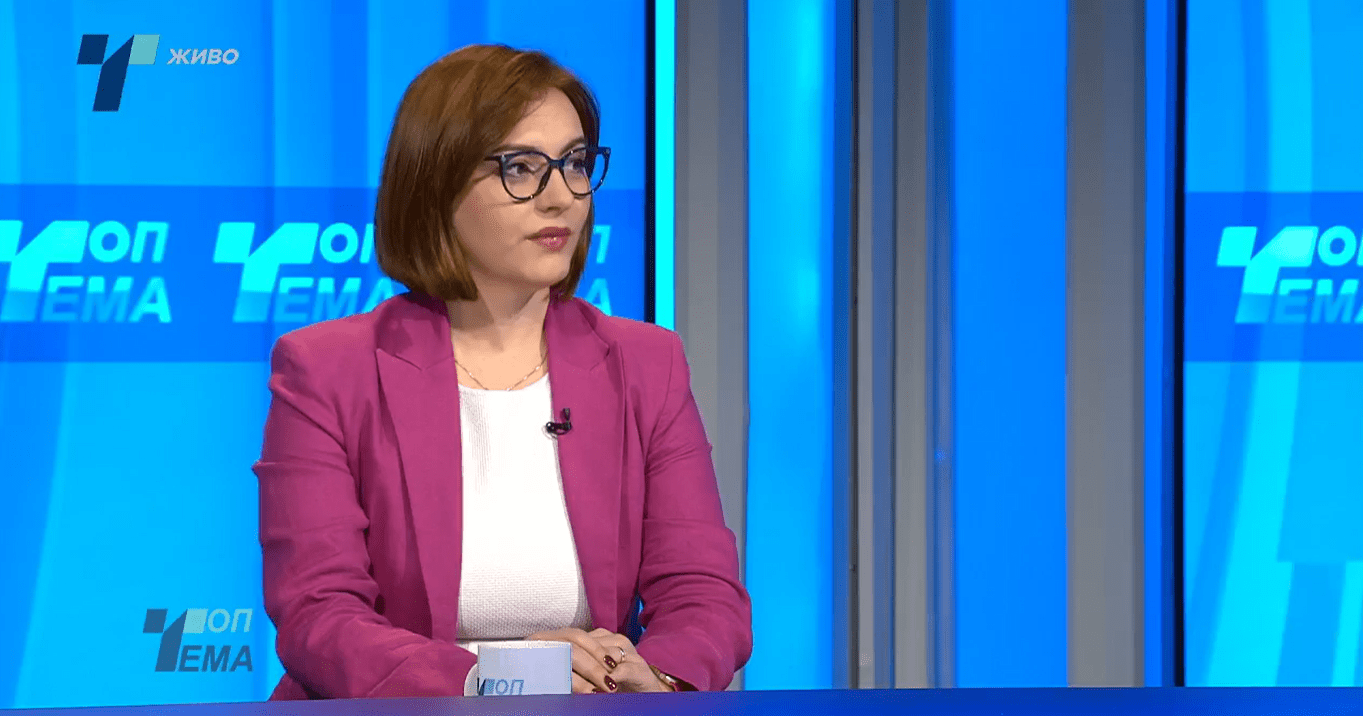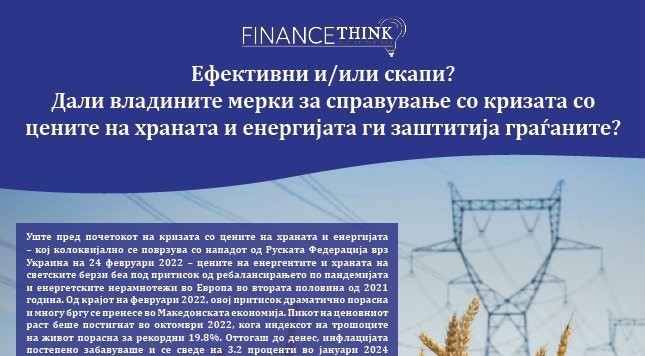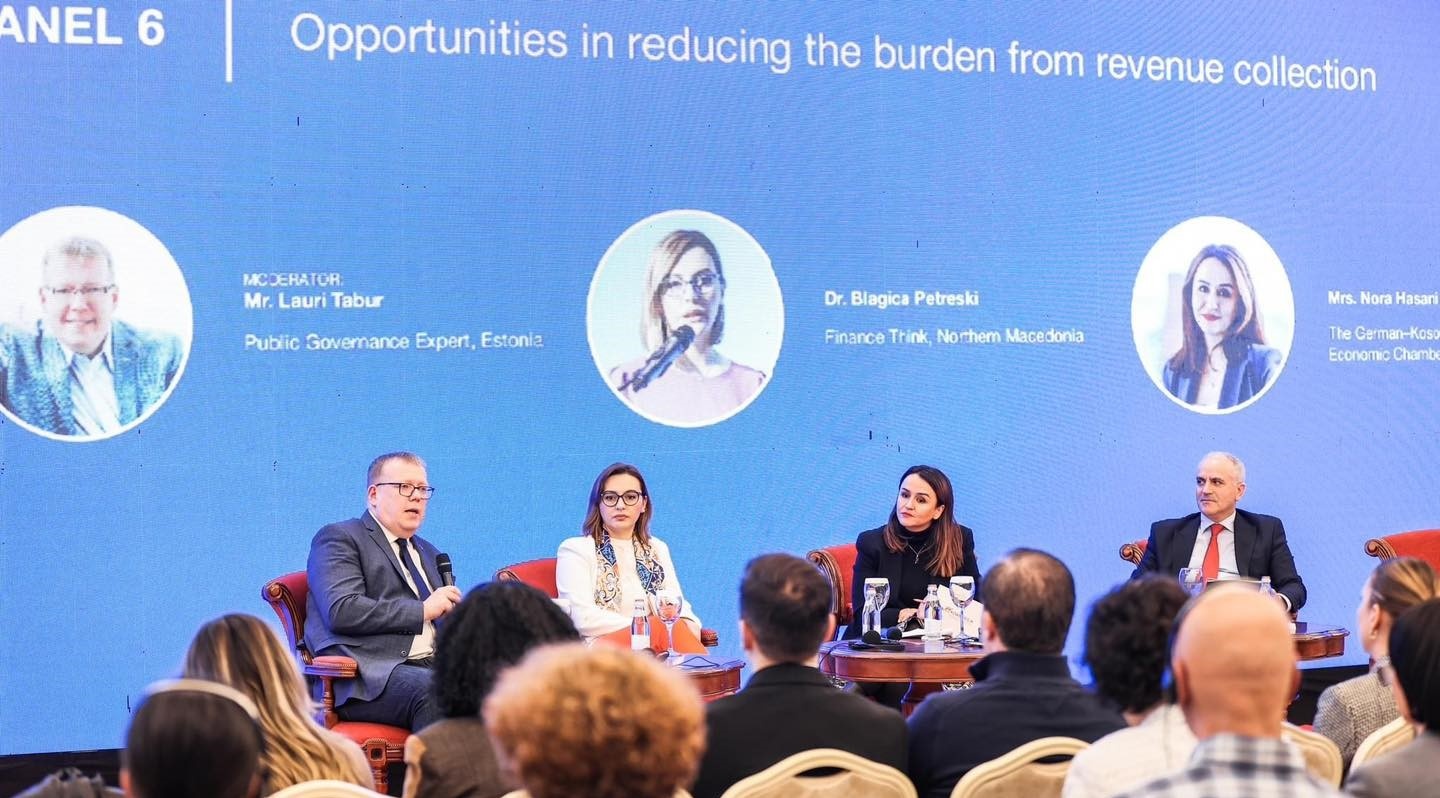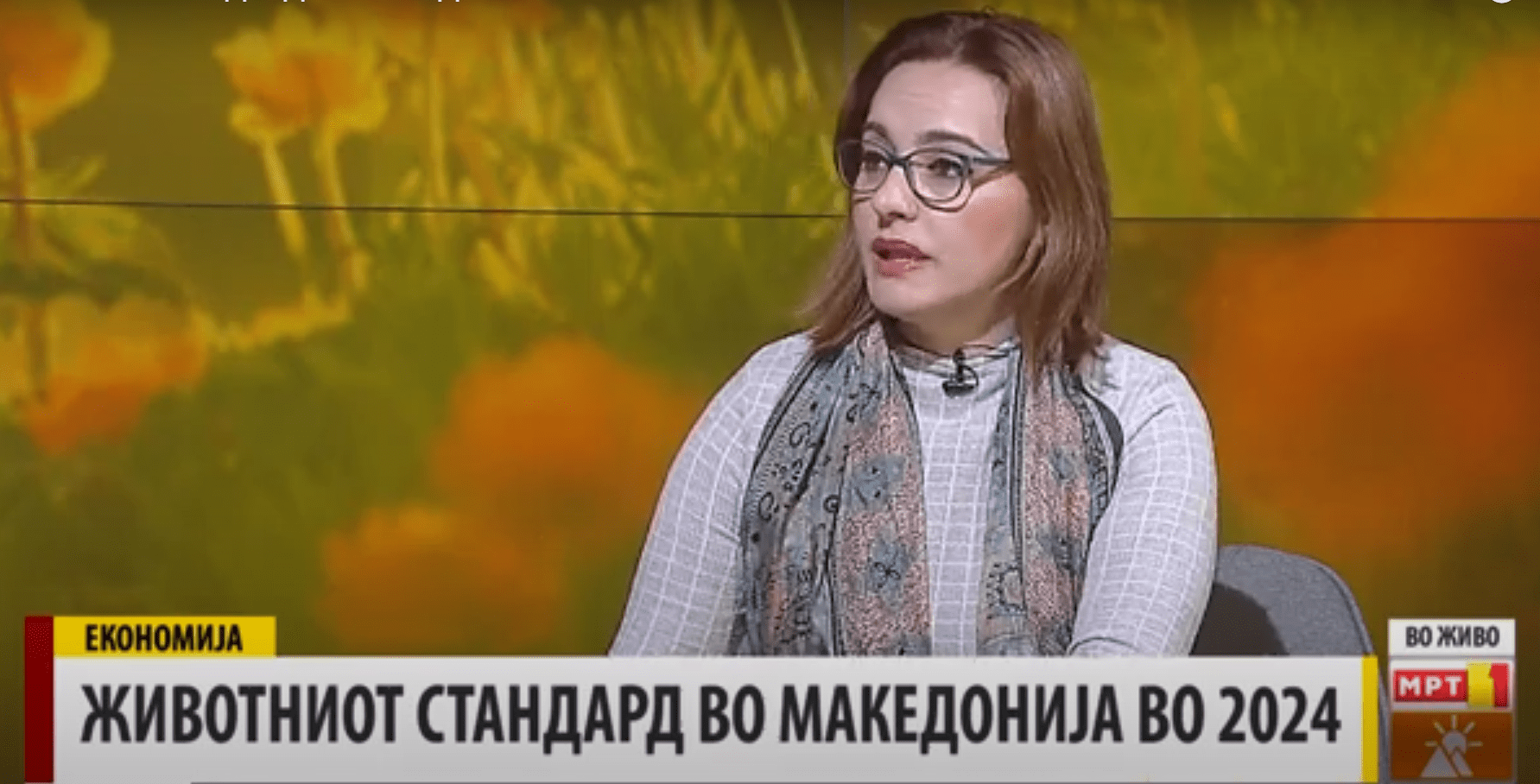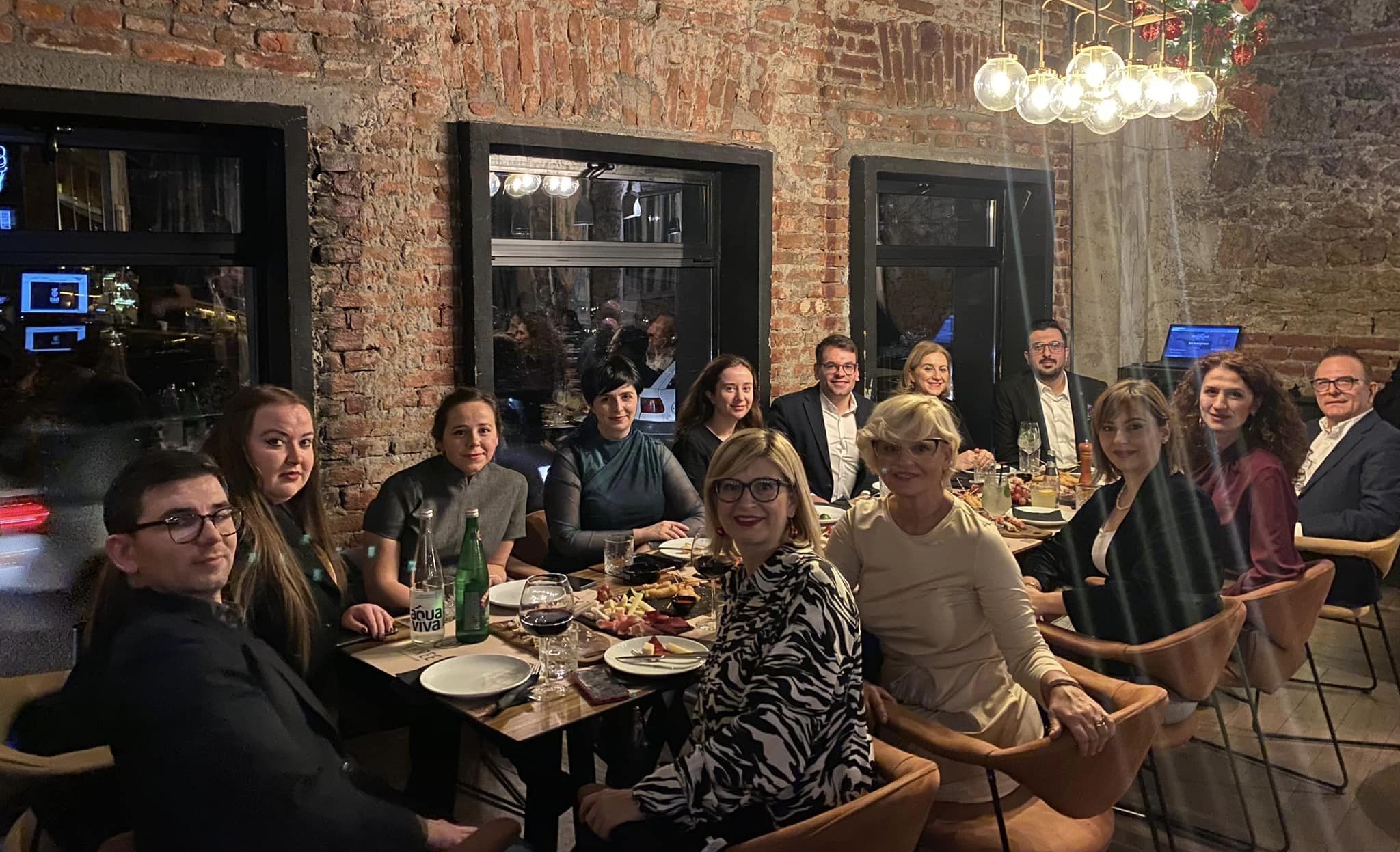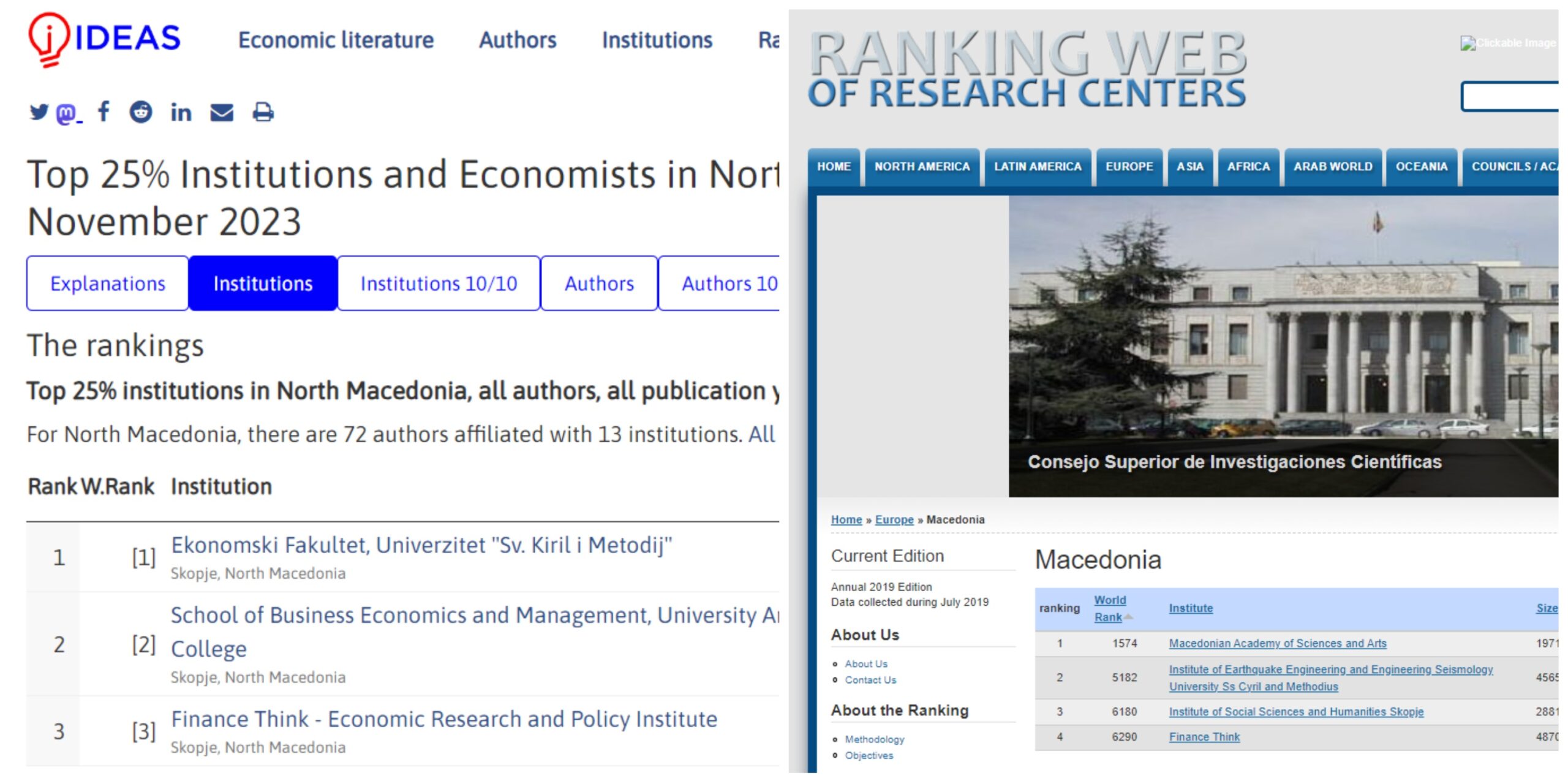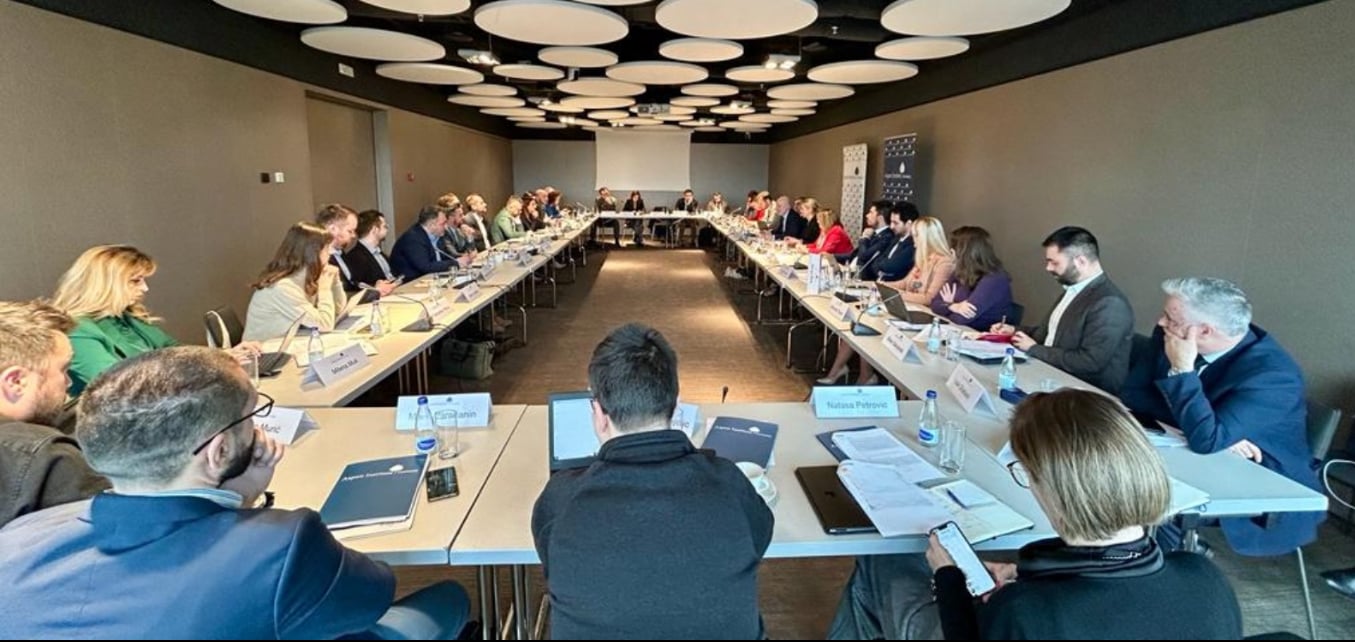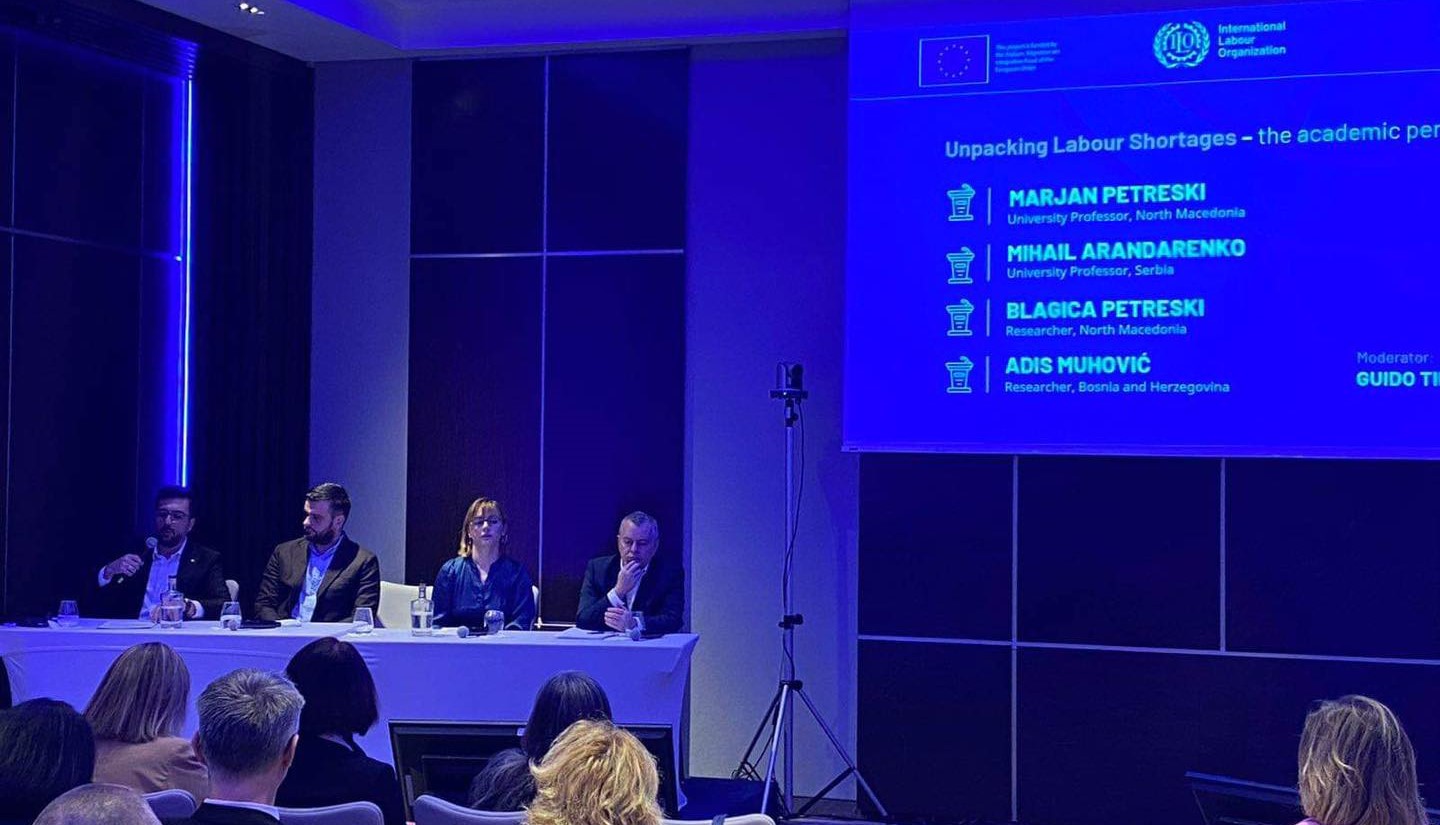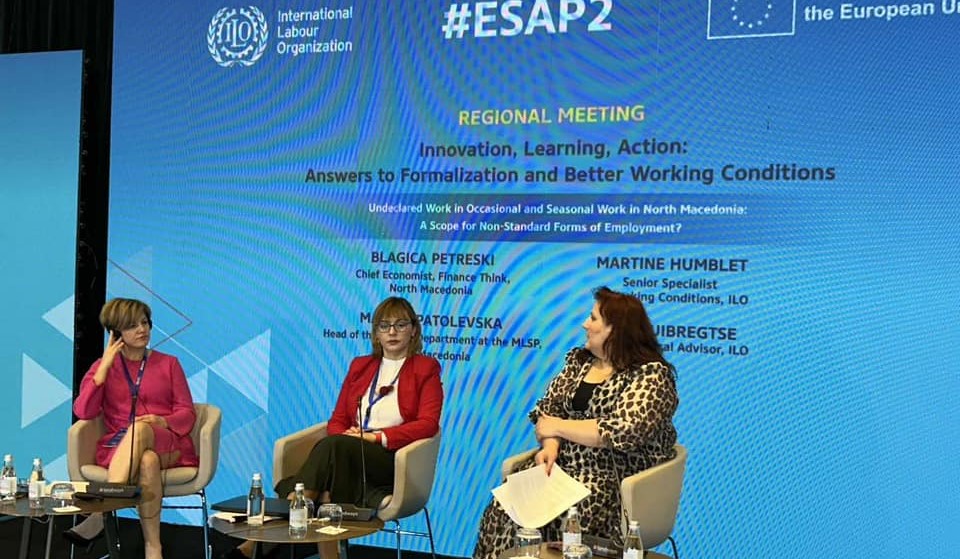📖 Our latest Brief 67 – who made the most of the government’s anti-crisis measures?
The analysis is supported by SMART Balkans.
Finance Think has become part of the European Economic and Social Committee, EESC
![]() On Thursday, the EESC officially launched its initiative to involve representatives of #civil society from EU candidate countries.
On Thursday, the EESC officially launched its initiative to involve representatives of #civil society from EU candidate countries.
![]() Finance Think is part of
Finance Think is part of ![]() selected representatives of civil society from North Macedonia, in addition to representatives of employers and workers (unions).
selected representatives of civil society from North Macedonia, in addition to representatives of employers and workers (unions).
As representatives of civil society from candidate countries, we will contribute to the process of drafting selected #opinions of the EESC and participate in relevant #study groups, section meetings and selected #plenary sessions of the EESC.
#EUCivilSociety #Enlargement #EESC #FinanceThink
Findings from our #study at a conference in Pristina
![]() The European Union and the #German Government, OECD/SIGMA and GIZ Kosovo are investing in the dialogue on the various stages of service delivery reform, with the aim of reducing administrative burdens and ensuring high-quality and easily accessible services for businesses and citizens in the #WesternBalkans.
The European Union and the #German Government, OECD/SIGMA and GIZ Kosovo are investing in the dialogue on the various stages of service delivery reform, with the aim of reducing administrative burdens and ensuring high-quality and easily accessible services for businesses and citizens in the #WesternBalkans.
#GrayEconomy #AdministrativeBurden
Photo credit: GIZ Kosovo
In an interview for MRTV, Blagica Petreski talks about current economic topics.
![]() ВThe second domestic risk for inflation is what pressure the general increase in wages and pensions will have on prices. A cost of living adjustment is fine, it just preserves the real purchasing power of the recipients, but any increase above that is a risk in an inflationary environment. It is legitimate what the unions demand that wages should rise significantly, and I #agree with that, but in the long run, more wages come with more #work and greater #skills, that is, all of this defines the #productivity of labor. We suffer from chronically low labor productivity and this is a major determinant of wage growth. Let’s have no doubt that any wage growth that exceeds productivity growth will only affect #prices in the long run, so the standard of living will not improve in real terms.
ВThe second domestic risk for inflation is what pressure the general increase in wages and pensions will have on prices. A cost of living adjustment is fine, it just preserves the real purchasing power of the recipients, but any increase above that is a risk in an inflationary environment. It is legitimate what the unions demand that wages should rise significantly, and I #agree with that, but in the long run, more wages come with more #work and greater #skills, that is, all of this defines the #productivity of labor. We suffer from chronically low labor productivity and this is a major determinant of wage growth. Let’s have no doubt that any wage growth that exceeds productivity growth will only affect #prices in the long run, so the standard of living will not improve in real terms.
More: https://www.youtube.com/watch?v=G2coqh0KeeY
🎄Finance Think wishes you a happy and prosperous 2024🍀
Two rankings for independent assessment of our work
![]() According to Webometrics, Finance Think is the fourth-ranked #research center in North Macedonia, the only #economic research center in this ranking, after the Macedonian Academy of Sciences and Arts, the Institute for Earthquake Engineering at UKIM and the Institute for Social and Human Sciences Skopje bit.ly/3TyVlaV
According to Webometrics, Finance Think is the fourth-ranked #research center in North Macedonia, the only #economic research center in this ranking, after the Macedonian Academy of Sciences and Arts, the Institute for Earthquake Engineering at UKIM and the Institute for Social and Human Sciences Skopje bit.ly/3TyVlaV
![]() According to IDEAS/Repek at the Federal Bank of St. Louis – USA, Finance Think is the third-ranked institution in the group of ‘economic #faculties and #institutes’, after the Faculty of Economics at UKIM and the Faculty of Business Economics at UACS bit.ly/3RKs1N0
According to IDEAS/Repek at the Federal Bank of St. Louis – USA, Finance Think is the third-ranked institution in the group of ‘economic #faculties and #institutes’, after the Faculty of Economics at UKIM and the Faculty of Business Economics at UACS bit.ly/3RKs1N0
#EconomicResearch #ranking #FinanceThink
A review study presented at the conf. from the Aspen Institute Germany
![]() Our Maria Bašeska addressed how technology and digitization can be key to #economic development, with lessons learned from our work in the domain of #parafiscal duties. Maria’s contribution is based on a review study that Finance Think prepared at the invitation of the Aspen Institute.
Our Maria Bašeska addressed how technology and digitization can be key to #economic development, with lessons learned from our work in the domain of #parafiscal duties. Maria’s contribution is based on a review study that Finance Think prepared at the invitation of the Aspen Institute.
#aspen #digitalization #WesternBalkans
Navigating labor shortages – Conference in Budapest
📖 Our newest study at a closing event in Tirana
📣 Our Executive Director, Blagica Petreski, presented the latest findings from the #study on undeclared work, produced together with the International Labor Organization / ESAP 2, at the final event “Innovation, Learning, Action: Answers for Formalization and Better Working Conditions”, in Tirana , Republic of Albania, December 5-6, 2023.
📖 Policy study no. 4️⃣9️⃣: “Informal employment and undeclared work in the ‘hotels, restaurants and catering’ sector: Insights from North Macedonia”, will be published soon!

